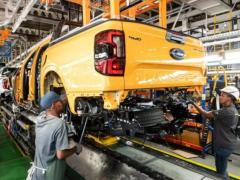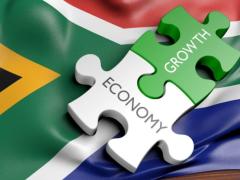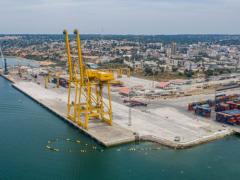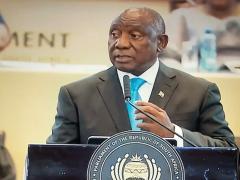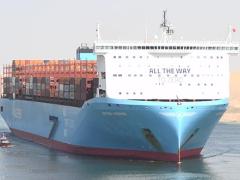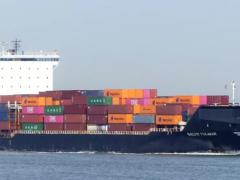Competitiveness in South Africa has deteriorated year-on-year (y-o-y), the latest findings of the International Institute for Management Development (IMD) show.
It reflects badly on global investor hopes manifested since the Government of National Unity (GNU) was formed, especially considering that South Africa has slipped four places after 2024’s World Competitiveness Rating (WCR).
Placed 60th out of 69 monitored economies last year, South Africa is now ranked 64th, behind African peer markets Kenya (56), Botswana (58) and Ghana (61).
In a week where consumer data from Stats SA is expected, it bodes well that South Africa is ranked 7th insofar as prices are concerned, and 25th for tax policy – take a bow Sars commissioner Edward Kieswetter.
As for the other categories making up the WCR for 2025, y-o-y rankings are looking a little bleak, particularly for infrastructure and business efficiency where last year’s gains have been eroded.
Whereas South Africa was ranked 60th for infrastructural competitiveness overall in 2024, having improved from 62 the year before, basic and technological infrastructural competitiveness are now ranked 64th and 61st, respectively.
The country’s poor infrastructural progress is cause for a deleterious social framework, which is ranked 64th, resulting in a lack of inclusivity for a wide range of citizens, the IMD warns.
South Africa should build on established scientific infrastructure, placed 48th, to enhance existing competitiveness through improved investment, the IMD added.
Arturo Bris, director at the IMD’s Competitiveness Centre, said a lot depended on the GNU’s hoped-for success to improve South Africa’s overall competitiveness.
He said because history had shown that coalitions tended to perform poorly according to WCR findings, South Africa’s government would be well advised to focus on collaborative requirements for a coalition to succeed.
South Africa ranked as follows in some of the WCR’s latest findings: local economy (63), foreign trade (44), foreign investments (46), employment (67), public finance (63), institution framework (61), business legislation (61), productivity and efficiency (63), labour (55), finance (46), business practice (56), values (58), health and environment (64), and education (64).
This year, Switzerland replaced Singapore at the top of the WCR.


